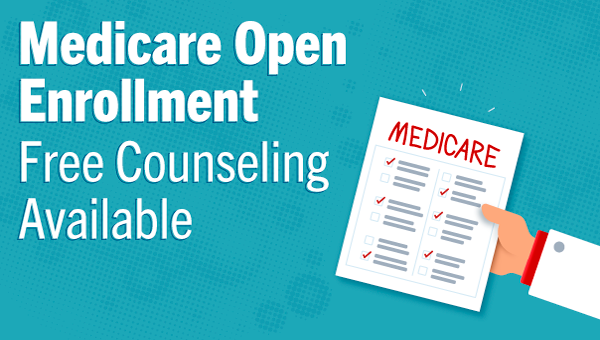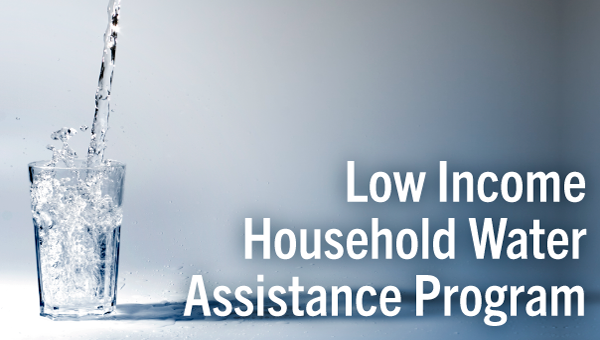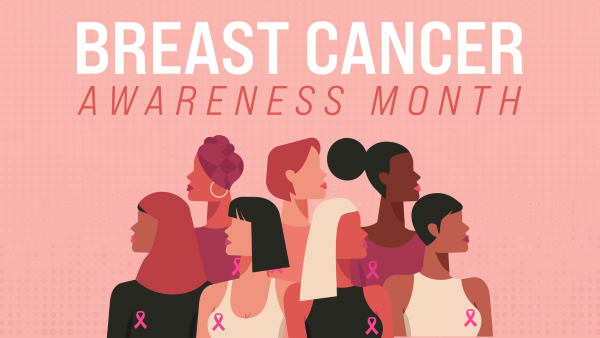
|
|||
|
In this Update:
The Human Cost of the Governor’s Carbon Tax By Sen. Doug MastrianoBy now, just about everyone feels the squeeze of rising utility bills. It’s an inescapable reality, bolstered by ineffective domestic and foreign energy policies, a deepening economic crisis and mounting distrust in our government here at home. Legislators warned this was coming. In June, and again in September, the Pennsylvania Public Utility Commission (PUC) advised residents that electricity rates across the state would increase by double digits in some regions. This, just as the Commonwealth Court pressed pause on Pennsylvania’s entry into the Regional Greenhouse Gas Initiative (RGGI), scheduled for July 1. RGGI, as it’s often called, uses carbon taxes to artificially limit emissions from the power sector in 11 other states in the mid-Atlantic. Gov. Tom Wolf’s administration views its hasty entry into the program as the pinnacle of its climate legacy – a flimsy house of cards constructed without any input from the legislators tasked with representing Pennsylvania’s 13 million residents. And all of this, despite zero concrete evidence RGGI actually reduces harmful greenhouse gas emissions in any meaningful way – and plenty of demonstrable negative economic impacts writ-large. The most obvious consequence of RGGI is increased energy costs. Some electric companies have admitted these additional expenses are already baked into the newest base rates, recalculated every few months to reflect market conditions. Even the Department of Environmental Protection’s initial estimate of RGGI’s cost had to be revised upward by nearly 300% earlier this year. Roughly 300 of my constituents reported, in a survey administered by our office, they’re struggling to pay their electricity bills, even during what electrical grid operators call a “shoulder season” – a period where milder weather reduces overall demand for heating and cooling. The pain is borne out by data from the Center for Biological Diversity and the PUC. The latter confirmed the number of residents seeking payment plans for overdue utility bills spiked 158% this year alone. Just 1% of the roughly 10,700 customers seeking service reconnection got approved for these plans – and only if their credit reports and payment histories passed muster. The process can take as long as seven days, during which time service could remain shut off. Electric companies disconnected more than 108,000 residents through June, representing a 10% increase over 2021. Even worse, the PUC’s income limits for preventing shut-offs in the colder months mean customers earning more than $14 per hour don’t qualify for relief. That leaves a wide swath of residents on modest incomes choosing between heat and food in the dead of winter. Many electric companies will soon announce revised customer rates and all signs point to more double-digit increases – and that’s before the court decides the fate of RGGI in Pennsylvania. We are already paying the administration’s carbon tax and it’s not even officially enacted yet. How much worse will things get? We must abandon these destructive energy policies built on nothing more than delusions of grandeur. We are losing jobs. We are losing communities. We are losing lives. When will the human cost of progressive ideology be enough? Gov. Wolf Vetoes Legislation That Would Keep Violent Inmates in Jail Longer I am extremely disappointed that Gov. Tom Wolf has vetoed legislation supported by Republicans and Democrats that would tighten the parole process for violent offenders. House Bill 146, or Markie’s Law, was named after Markie Mason, an 8-year-old Lawrence County boy who was brutally stabbed to death by a man who was paroled at the end of his minimum sentence for homicide, even after being convicted of committing two separate assaults of other inmates while in prison. The bill would have postponed consideration of a violent inmate’s parole an additional two years following the inmate’s minimum release date for each conviction of a violent offense while incarcerated. This was a rational, responsible response to a horrific crime and Gov. Wolf’s veto is indefensible. Medicare Open Enrollment begins Oct. 15, Free Insurance Counseling Available
|
|||
|
|||
|
If you do not wish to receive this email, click here to unsubscribe. 2022 © Senate of Pennsylvania | https://senatormastriano.com | Privacy Policy |




